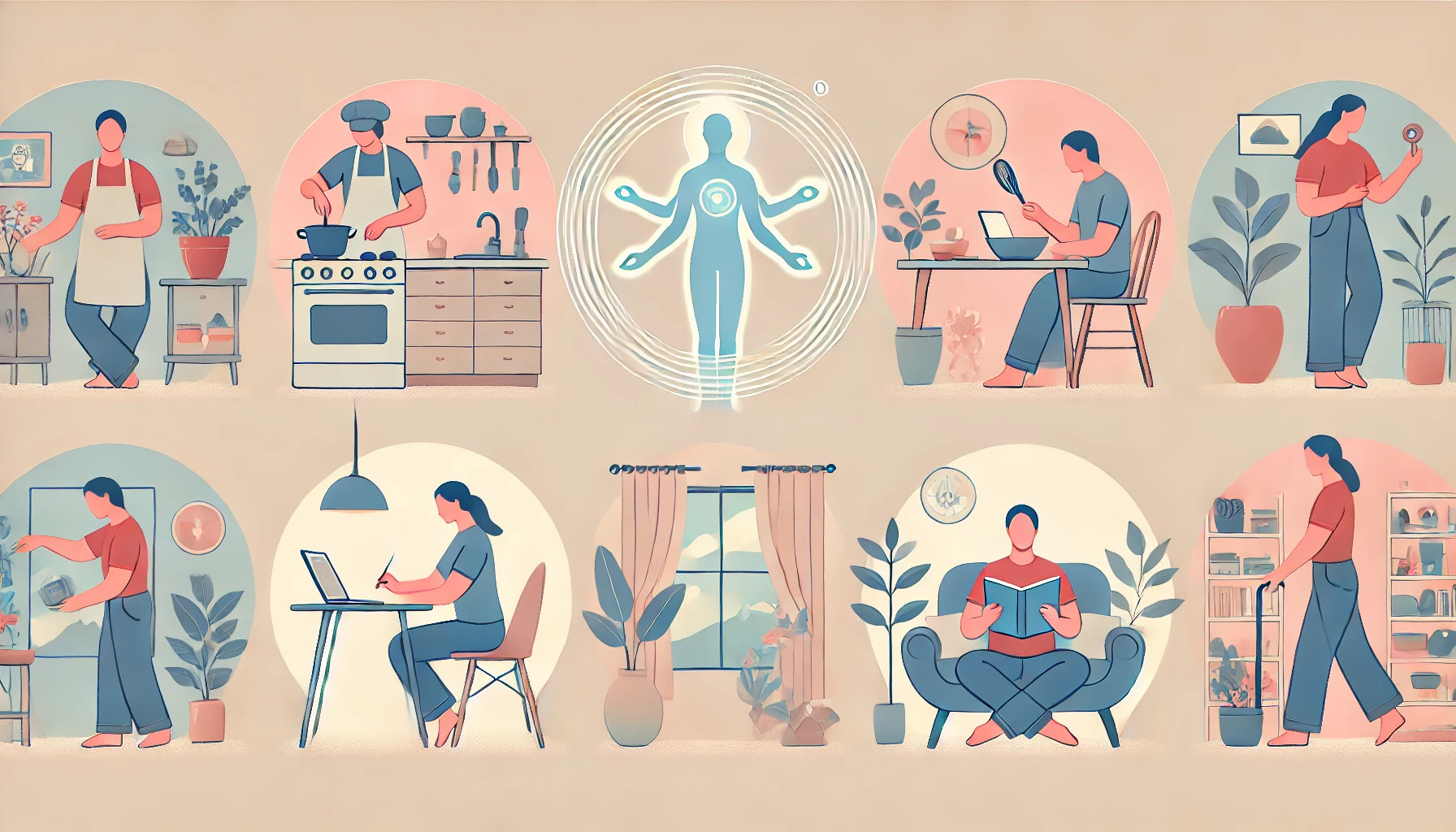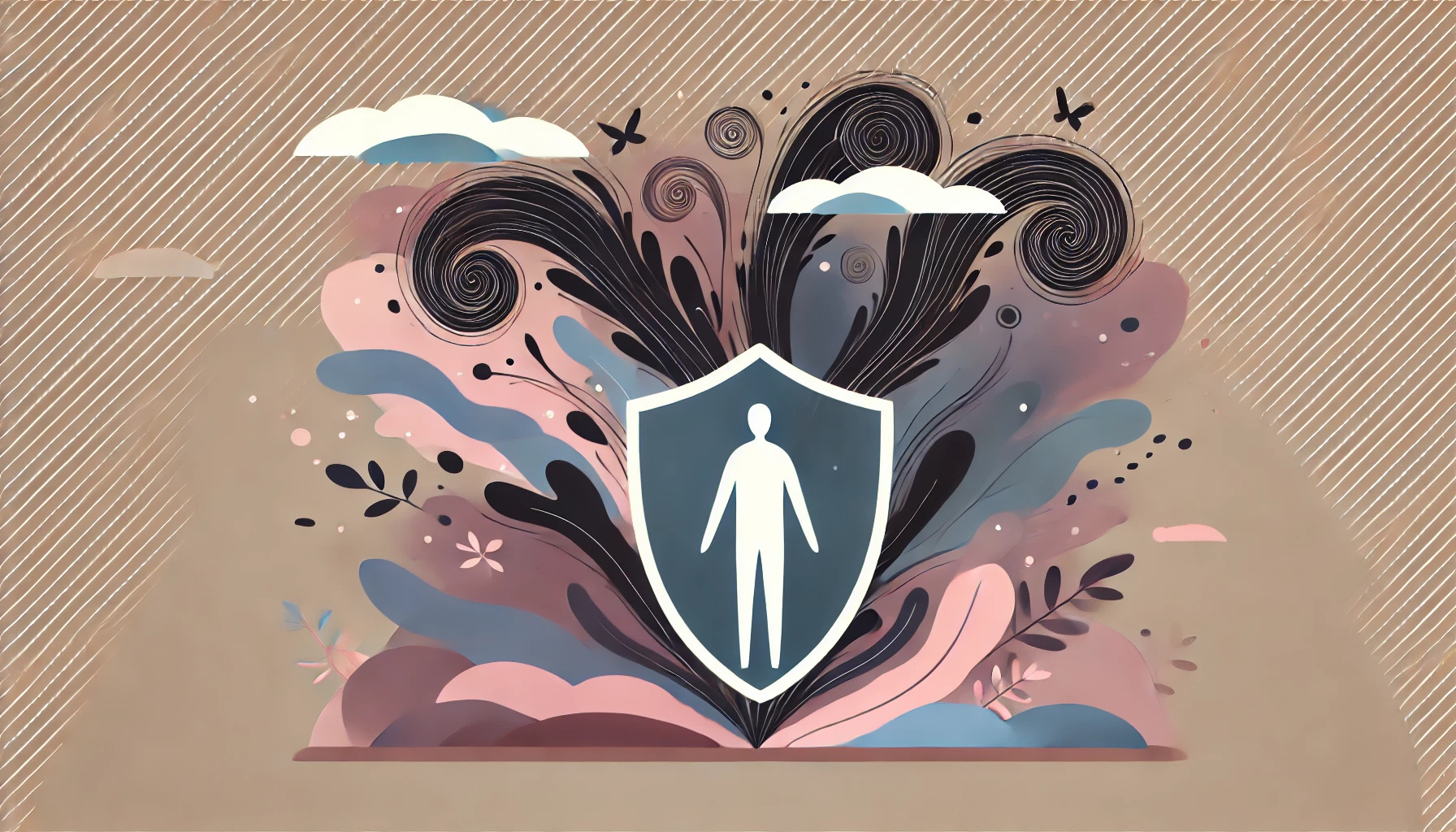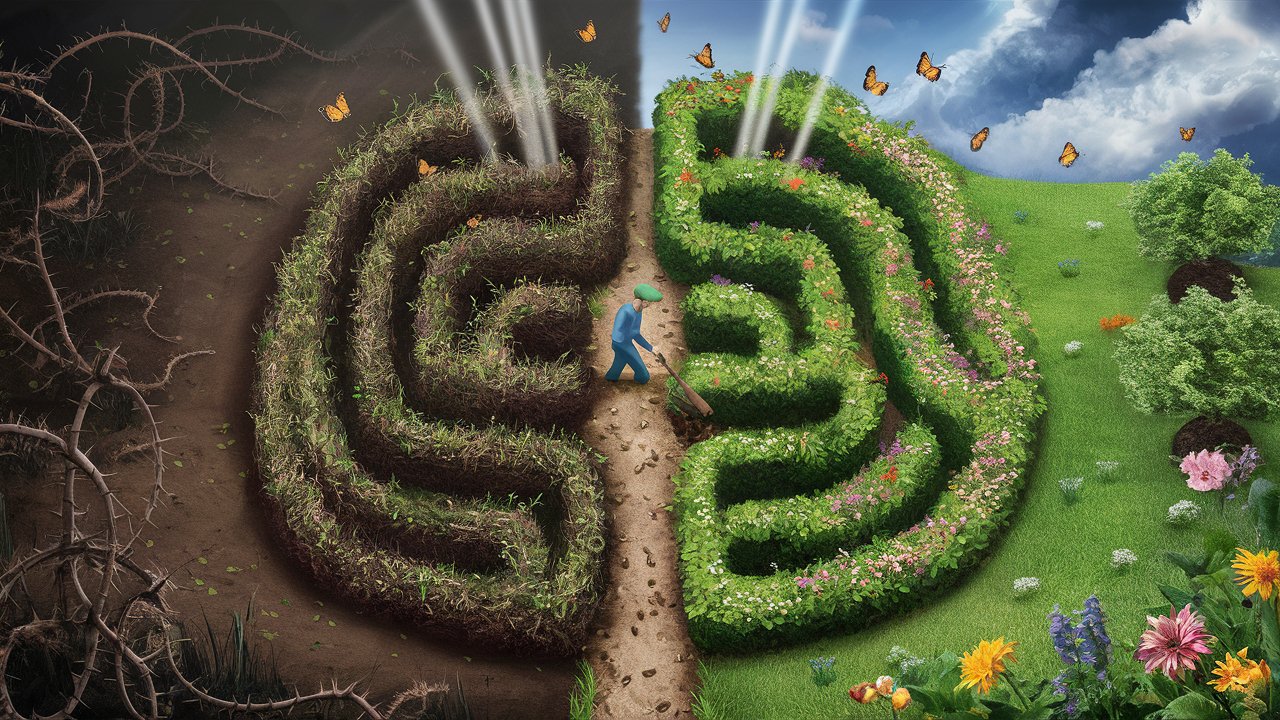In the journey of life, mental strength, inner peace, and resilience are crucial for maintaining both mental and physical health. Param Gurudev’s discourse offers profound insights into how we can cultivate these qualities to lead a serene and fulfilling life. Through the integration of spiritual practices, mindfulness, and positive thinking, we can overcome negative memories and their detrimental effects on our health.
The Impact of Negative Memories

Bad memories and negative experiences often linger in our minds, creating a reservoir of stress and anxiety. Param Gurudev explains that these negative emotions can manifest as physical diseases if not addressed. Holding onto grudges and reliving past traumas disrupts our mental equilibrium, leading to ailments such as high blood pressure, diabetes, and other stress-related conditions.
Negative memories create a mental and emotional burden that can have serious implications for our overall health. It is essential to understand the connection between our mental state and physical well-being. Param Gurudev emphasises that letting go of these memories is not just about forgetting the past but actively working towards a healthier state of mind.
Releasing Bad Memories Through Meditation

To release these bad memories, Param Gurudev emphasises the importance of meditation and mindfulness. These practices help us detach from our past and focus on the present moment. By cultivating a state of awareness, we can observe our thoughts without being overwhelmed by them. This detachment is the key to healing and maintaining mental clarity.
Meditation serves as a powerful tool to cleanse the mind of negative thoughts. It creates a space where we can confront and release the emotions tied to our past experiences. Through regular practice, we can achieve a state of calm and balance, essential for mental strength.
The Power of Positive Thinking
Thought patterns play a significant role in our overall well-being. Negative thought patterns can trap us in a cycle of despair, while positive thinking can uplift our spirits and enhance our resilience. Param Gurudev advises us to consciously shift our thoughts towards positivity. This practice not only improves our mental health but also has a profound impact on our physical health.
Positive thinking rewires our brain to focus on constructive and hopeful perspectives. It transforms our approach to challenges and setbacks, making us more resilient. By fostering an optimistic outlook, we pave the way for a healthier and more fulfilling life.
Daily Rituals for Mental Clarity

Implementing daily rituals that promote mental clarity is another practical step to cultivate resilience and inner peace. Param Gurudev suggests starting the day with gratitude and ending it with reflection. These simple yet powerful practices help us stay grounded and focused on what truly matters.
Gratitude rituals involve acknowledging the positive aspects of our lives, no matter how small. This practice shifts our focus from what is lacking to what we have, creating a sense of abundance and contentment. Reflection at the end of the day helps us process our experiences, learn from them, and prepare for a restful night’s sleep.
Integrating Spirituality into Daily Life

Integrating spirituality into our daily lives can significantly reduce stress and anxiety. By connecting with our inner selves and the divine, we can find solace and strength to face life’s challenges. Param Gurudev shares real-life examples and anecdotes to illustrate the transformative power of spirituality.
Spirituality provides a deeper sense of purpose and belonging. It encourages us to look beyond the material aspects of life and find meaning in our actions and relationships. This connection to something greater than ourselves fosters inner peace and resilience.
The Importance of Living in the Present
Living in the present is essential for achieving inner peace. Holding onto the past only burdens us with unnecessary stress. Param Gurudev encourages us to let go of past grievances and focus on the here and now. This practice not only frees us from the chains of the past but also allows us to fully experience and appreciate the present moment.
Being present means engaging fully with our current experiences without the distraction of past regrets or future anxieties. It involves mindfulness in our daily activities and interactions, enhancing our ability to respond to life’s situations with clarity and calm.
Handling Negative Emotions

During the discourse, Param Gurudev interacts with the audience, answering their questions on handling negative emotions. He offers practical advice on how to deal with anger, jealousy, and resentment. By addressing these emotions, we can prevent them from taking root in our minds and affecting our health.
Understanding and managing negative emotions is crucial for maintaining mental and physical health. Param Gurudev suggests acknowledging these emotions without judgement, understanding their source, and then taking constructive steps to address them. This approach prevents the accumulation of emotional baggage and promotes emotional well-being.
Techniques to Enhance Resilience
Resilience is the ability to bounce back from adversity. Param Gurudev provides several techniques to enhance resilience, such as practising self-compassion, maintaining a support network, and engaging in regular physical activity. These practices help build emotional strength and prepare us to face life’s challenges with a positive mindset.
Self-compassion involves treating ourselves with kindness and understanding during difficult times. It allows us to recover from setbacks without self-criticism. Building a support network of family and friends provides a safety net during tough times, offering emotional and practical support. Regular physical activity not only improves physical health but also boosts mental well-being by releasing endorphins and reducing stress.
Embracing Change and Uncertainty
Change and uncertainty are inevitable parts of life. Param Gurudev advises us to embrace these aspects rather than resist them. By accepting change as a natural process, we can reduce the anxiety associated with it and adapt more easily. Developing a flexible mindset allows us to navigate uncertain times with confidence and resilience.
Embracing change involves letting go of rigid expectations and being open to new possibilities. It requires a willingness to learn and grow from every experience. This adaptability is a key component of mental strength, enabling us to thrive in an ever-changing world.
Conclusion
Param Gurudev’s teachings offer a timeless guide to inner peace and resilience. By letting go of negative memories, practising mindfulness, and integrating spirituality into our daily lives, we can cultivate mental strength and live a fulfilling life. These practices not only enhance our mental and physical health but also lead us towards a state of profound serenity.
In summary, the path to mental strength and inner peace is paved with mindful practices, positive thinking, and spiritual connection. Param Gurudev’s insights provide a comprehensive framework for overcoming the challenges of modern life and achieving lasting tranquillity.





